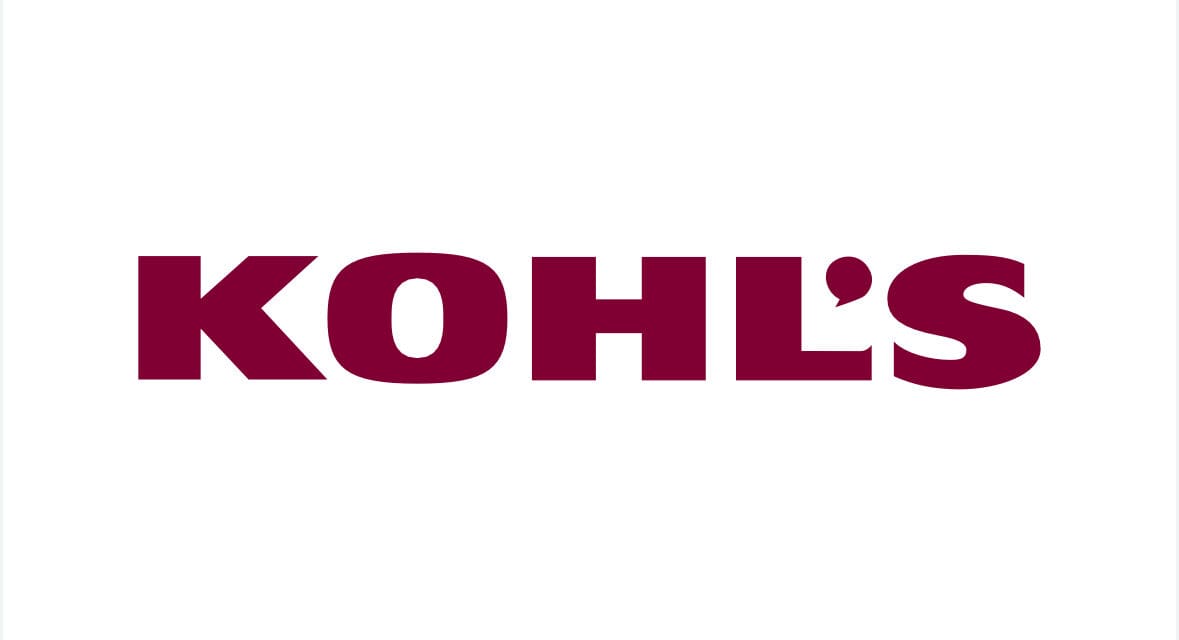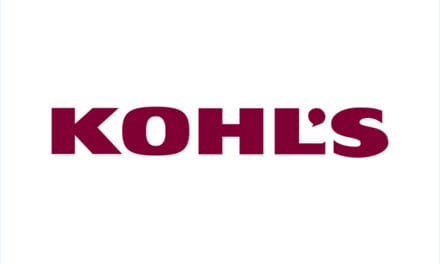MENOMONEE FALLS — Kohl’s reported a mixed third quarter Wednesday, posting slimmer sales but stronger margins and a major leadership change as the retailer attempts to regain stability heading into the holiday season.
Michael J. Bender—who has served as interim CEO since May—was officially appointed the company’s new chief executive. Bender, a longtime retail executive with experience at Walmart, L Brands, and PepsiCo, told reporters the company “delivered top-line and bottom-line performance ahead of our expectations” and plans to build on that momentum in the coming year.
Sales Down, Margins Up
For the quarter ending Nov. 1, the company reported net sales of about $3.4 billion, a decline of nearly 3% from last year. Comparable sales slipped 1.7%.
Despite the softer revenue, profitability improved. Kohl’s reported a gross margin of 39.6%, up more than half a percentage point from the same period last year. Company officials attributed the improvement to tighter inventory controls and more disciplined pricing.
Bender described the results as “encouraging,” saying customers continue to respond to the company’s value-focused merchandising approach “even in an uncertain macroeconomic environment.”
Overall, Kohl’s posted $8 million in net income, or $0.07 per diluted share. Adjusted earnings came in at $0.10 per share—down from $0.20 a year ago but still ahead of internal forecasts.
Cost Controls and Cash Flow Gain Attention
Kohl’s cut its SG&A expenses by about 2%, though the reduction wasn’t enough to offset lower sales, causing expenses to climb as a percentage of revenue.
The most significant operational improvement came from cash flow: Kohl’s generated $124 million from operations, a sharp turnaround from a $195 million use of cash in the same quarter last year.
Inventory levels were also trimmed by 5%, signaling to analysts that Kohl’s is being more strategic about its ordering heading into the peak shopping season.
Guidance Raised Despite Sales Decline
In a move that surprised some industry watchers, Kohl’s raised its full-year guidance.
The company now expects:
- Net sales to decline between 3.5% and 4%
- Comparable sales to fall 2.5% to 3%
- Adjusted operating margin between 3.1% and 3.2%
- Adjusted EPS between $1.25 and $1.45
Kohl’s also plans to maintain capital expenditures around $400 million.
Bender reiterated that the company is prioritizing “quality products, great value, and a frictionless experience,” saying these efforts will continue despite lingering economic pressures.
A New CEO Amid Ongoing Challenges
Bender’s appointment ends a period of leadership churn that has unsettled the retailer in recent years. He joined Kohl’s board in 2019 and stepped in as interim CEO this spring after the previous leader departed amid strategic disagreements.
His tenure begins as the company wrestles with several long-term issues: stagnant sales, competition from big-box and online retailers, and the search for a clearer brand identity.
Industry analysts say Kohl’s must work quickly to capitalize on improving margins before customer traffic weakens further. Some believe the board’s move to make Bender permanent CEO signals a desire for continuity and a more disciplined operational focus.
Looking Ahead
Kohl’s enters the holiday season with lower inventory, a slimmer cost structure, and new leadership. The coming months will test whether the third quarter’s margin improvements can translate into sustained momentum, or whether declining sales will overshadow early progress.
For now, the company is positioning the quarter as a step forward.
“We are focused on building on this momentum,” Bender said, “as we remain committed to delivering on our customers’ expectations.”
















